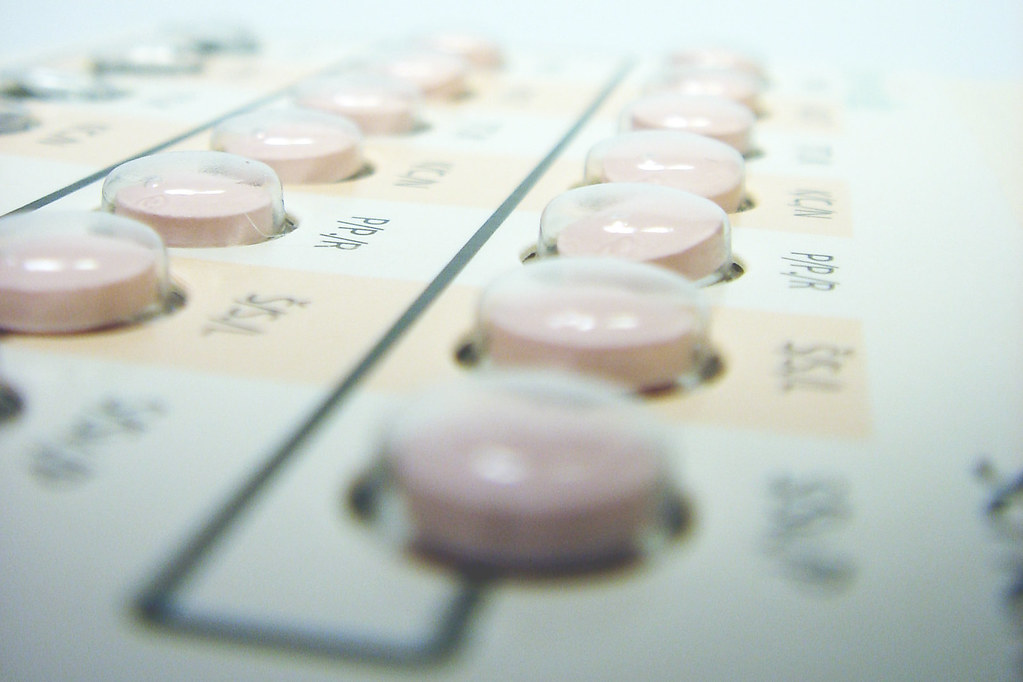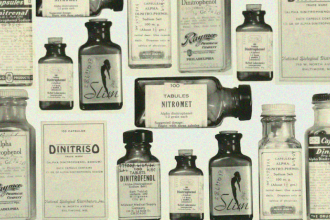The music is pounding, each beat pressing up against your throat. It’s frighteningly cold outside but oppressively hot inside this party, so your overly-expensive coat is heaped in a pile in someone’s bedroom. Already too many sweaty shapes have brushed up against you and left an imprint on your top, and it’s only 11:30 PM. “Body” by Loud Luxury has played for, somehow, the fourth time in the night and Guillaume from Sigma Ligma Epsilon or whatever is trying (and failing) to open a mosh pit on the dance floor. You spy some Arts kids in the corner with a baggie filled with an unknown substance that Guillaume will try to bum off of them later in the night.
I’m sure it comes as no surprise that parties like this are deeply integrated into McGill student culture. In fact, school-affiliated events like Frosh, Science Games, and Carnival are party hubs. McGill’s “work hard play hard” mentality isn’t a new concept, but in recent years, this mantra has been taken too far. The heartbreaking news of a fatal drug overdose that occurred in a McGill residence circulated around campus just two years ago, and since then, many similar stories have surfaced.
Significant efforts for harm reduction are the answer to the dangers of rampant drug use. Opening a dialogue on drug usage among student populations and increasing accessibility to drug testing kits is crucial for active harm reduction.
With these stories coming to light, it is abundantly clear that McGill students are using drugs, and that won’t be changing anytime soon. Significant efforts for harm reduction are the answer to the dangers of rampant drug use. Opening a dialogue on drug usage among student populations and increasing accessibility to drug testing kits is crucial for active harm reduction. A study conducted by Frontier Psychiatry in 2021 found that drug checking was a successful strategy for harm reduction in recreational contexts, concluding that if someone is presented with test results that indicate laced drugs, they will choose not to take them. Therefore, drug checking is an effective and necessary strategy for harm reduction.
Although critics may claim that drug checking and harm reduction enables drug users and addiction, the reality is that people who use drugs will likely continue using drugs. Addiction does not have an on-off switch—people cannot snap their fingers and suddenly be clean. There are other resources to aid in recovery, such as rehabilitation centers, but these are not accessible for all. Some people may have trouble affording rehabilitation, and even if health insurance helps cover the costs, centers don’t have an infinite number of beds. Therefore, harm reduction may be the optimal way to prevent drug-related fatalities. However, the stigma of addiction prevents the implementation of widespread harm reduction education and safety measures, such as drug kits. Do we want to save people, even if they continue to use drugs?
Students need professional intervention in cases of drug overdose, and it is horrific that McGill refuses to provide these interventions internally.
McGill’s administration is guilty of avoiding the stigma rather than addressing it and working hand-in-hand with harm reducers to ensure that all students are safe. The administration’s blind eye towards drug use in their student population is harmful because it leaves students vulnerable without access to sufficient resources. Students need professional intervention in cases of drug overdose, and it is horrific that McGill refuses to provide these interventions internally.
Student organizations such as Making Drugs More Accurate (MDMA) are picking up the McGill administration’s slack and doing the necessary work of protecting our campus. The organization of self-proclaimed “guerilla pharmacologists” was founded by a McGill student a few years back, but only became a reality this semester. Since starting in September, the organization has already handed out over 200 kits to the Montreal community. The kit provides tests for harmful contaminants such as PMA, caffeine, lidocaine, acetaminophen, fentanyl, and levamisole. The process of obtaining these tests is simple, anonymous, efficient, and most importantly, deeply necessary.
When speaking to a representative of Making Drugs More Accurate, they emphasized their accessibility by stating that “we currently target McGill students just because the organization was started by McGill students, but it’s available to anyone in Montreal.” The organization is funded by private organizations such as Health Canada, Sexual Assault Centre of the McGill Student Society (SACOMSS), and Canadian Students for Sensible Drug Policy (CSSDP), yet has no affiliation with McGill University due to their zero-tolerance drug policy. The harm done by McGill’s refusal to acknowledge drug use among students extends to ignoring the organization’s need for funding in order to purchase a fourier transform infrared (FTIR) spectroscopy machine to provide confirmatory negative test results. When asked about this disconnect, the representative stated, “it’s unfortunate that McGill refuses to acknowledge their students do drugs, because the lack of dialogue is literally killing people.”
The McGill administration seems to live within a bubble of denial about their students’ recreational drug use. First-year students in residence often experiment with different substances and may not have proper experience or knowledge about the drugs they are trying. Right now, McGill relies on Floor Fellows and other student residents to monitor the contents of certain drugs and educate people on drug safety. Sarah’s* Floor Fellow from New Residence Hall expressed the importance of knowing exactly what you took; he suggested that people take a small sample, or at least a note stating what substance they believe they took, so hospital workers could test and identify what might be causing an overdose or bad reaction.
The lack of dialogue about drug use among McGill students leaves us to fend for ourselves.
But it is unfair to expect such diligence from residence employees, both because it lies outside their pay grade and because they are not trained to administer emergency care. Narcan is not provided to Floor Fellows, and certainly not to students in residence. Moreover, how can McGill expect 18-19 year old first years to know what to do in a dangerous situation? The lack of dialogue about drug use among McGill students leaves us to fend for ourselves. This is irresponsible because most students don’t have extensive knowledge on the threat of substance abuse.
Thankfully, student groups have taken the initiative to provide drug testing kits and education to fill the absence of university-funded programs. While this is not something other students should be expected to do, these groups understand that protecting the community is crucial to ensuring the safety of students. Without them, overdoses and emergencies would likely be swept under the rug by the administration in order to promote McGill’s clean public image. We can look to past sexual assault cases to prove this avoidant tendency: even with several survivors coming out to offer explicit accounts, McGill consistently fails to acknowledge the problem of sexual assault on campus and take assertive steps to eliminate threats. Rather, the administration sees the actual stories of survivors as the threat, and will do everything in their power to keep them tucked away while denying their students support. They would rather stow away a victim of substance abuse or assault into a red Toyota RAV4. Sure, it may get them home safe, but what is stopping the cycle?
Ultimately, we need a strong call to action. Drug testing needs to be normalized, but it will be difficult to persuade people to partake, especially in an environment of denial. For those who wish to check their substances to avoid horrid consequences, student programs are among the only available resources. But without necessary funding, these resources may dissolve. It would be in the McGill population’s best interest for drug safety groups to receive university funding.
Drug testing needs to be normalized, but it will be difficult to persuade people to partake, especially in an environment of denial.
It is ridiculous that other programs that don’t explicitly state what their purpose is (WalkSafe doesn’t necessarily cater towards people under the influence, but simply people that do not feel safe) can be listed on student fees, but not programs that have been proven to reduce harm. The administration dances around the idea instead of outwardly stating, “These are for people who are drunk/under the influence and/or people who feel unsafe walking at night.” It seems to be a long shot, since McGill can’t seem to get it together enough to expand the Student Health Hub or divest from fossil fuels. However, with the right amount of student outrage for the right period of time, we have the chance to force McGill to address student drug use and take effective action.
When speaking about their experience passing out Making Drugs More Accurate business cards at parties, the representative stated “it’s sad to have these conversations with people because every single person I speak to has known someone in their life who has overdosed.” This sentiment extends to all of us. Drug checking saves lives, and it’s time for McGill to open their eyes.
*UPDATE December 12th, 2021: In a previous version of the Opinion feature: “Fending for Ourselves: The Case for Campus Drug Testing” the Bull & Bear incorrectly wrote that MSERT does not carry naloxone and characterized the service as an extension of the McGill administration. In fact, MSERT is a service of the SSMU and its volunteers carry Narcan: a non-invasive spray version of naloxone. The Bull & Bear regrets this error, and we encourage members of the McGill community to reach out to MSERT during times of crisis.








